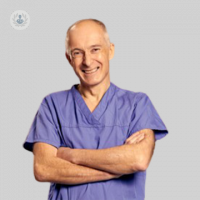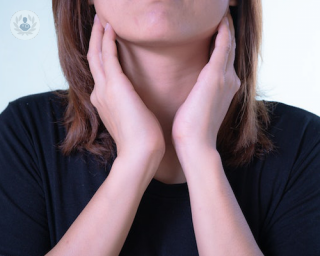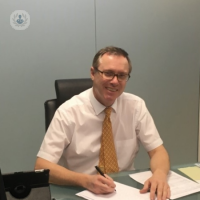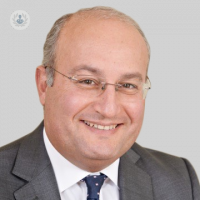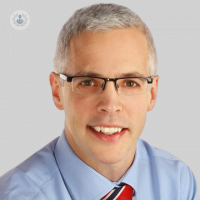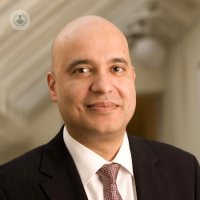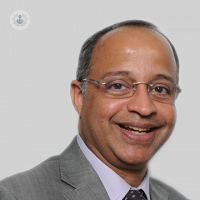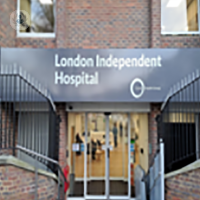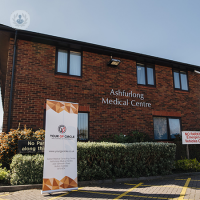Voice disorders
Professor Martin Anthony Birchall - Otolaryngology / ENT
Created on: 11-13-2012
Updated on: 07-26-2023
Edited by: Kate Forristal
What are voice disorders?
Voice disorders are medical conditions which affect the sounds that depend on the larynx (vocal cords), the pitch, volume, tone and other qualities of the voice. Voice disorders, therefore, affect speech production.
Your vocal cords are made of muscle, mucous membranes, and cartilage. Vocal cords are located at the top of your windpipe (trachea) and below your tongue. If they become inflamed, develop growths or become paralyzed they can’t work properly and this could mean you might develop a voice disorder.
The origin of such changes can be organic, physiological, psychological or environmental. There are also two types of disorders: dysphonia and aphonia.
Aphonia is the total loss of voice, whether temporary or chronic and can be caused by overuse of the vocal cords, a respiratory disease, intake of toxic or irritating products, excessive cold or nervous causes. Treatment may include resting the voice, medication, voice therapy or, in severe cases, surgery.
Dysphonia is a disorder of voice intensity due to an injury in the organs or poor use of the voice (functional). The most common causes of this condition are overly straining your voice (voice hyperfunction), gastroesophageal reflux, smoking, infections such as laryngitis or tuberculosis, neurological disorders of the larynx, tumours, and trauma, among others. The treatment involves learning relaxation techniques and breathing, exercising the shoulder, neck and face muscles, and speech therapy.
If you feel you have signs and symptoms of a voice disorder, it is advised to speak with an Otolaryngologist who will be able to diagnose and treat you.

What are some risk factors that can contribute to a voice disorder?
- Ageing
- Alcohol consumption
- Allergies
- Gastroesophageal reflux disease
- Illnesses such as upper respiratory infections or colds
- Neurological disorders
- Trauma at the front of the neck or from neck surgery
- Screaming
- Stress
- Smoking
- Throat dehydration
- Thyroid problems
- Voice overuse or misuse
What are the signs that you may have a voice disorder?
- Your voice has become hoarse or raspy
- You've lost the ability to hit some high notes when singing
- Your voice sounds deeper than usual
- Your throat often feels achy, raw, or strained
- It's become an effort to talk
How can voice disorders be treated?
Treatment for voice disorders varies depending on the cause. Most voice problems can be successfully treated when diagnosed early.
Treatment will depend on the factors causing your voice disorder, however, they can include medication, voice therapy, injections or even surgery.
